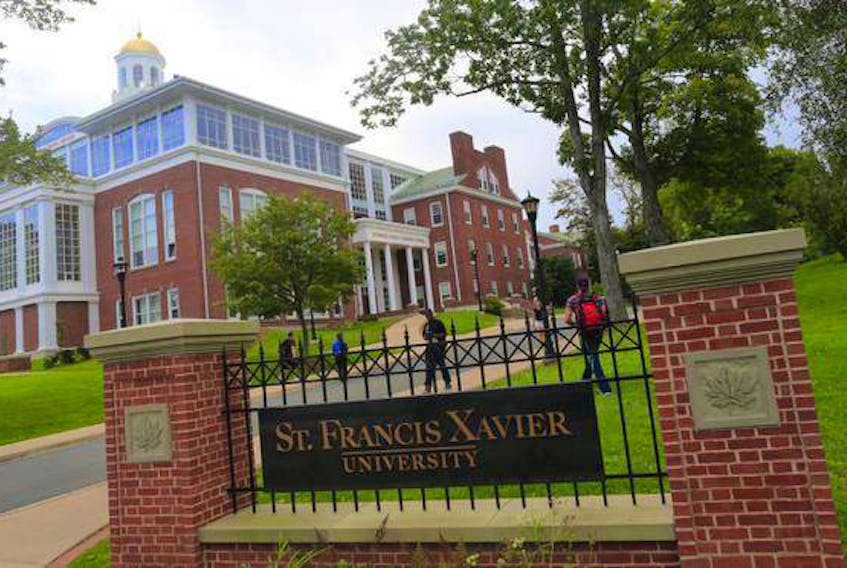There’s a gold rush raging through the information superhighway, complete with its own new age brand of outlaw posses and sheriffs.
It lacks some of the flair of the wild west and the currency isn’t something you can bite to test whether it’s real gold, but there’s bigger money in it.
Someone might even be mining these new cryptocurrencies using your computer as you read this story and you wouldn’t even know it.
That’s what happened to St. Francis Xavier University.
“The malicious software attempted to utilize St F.X.’s collective computing power in order to create or discover bitcoin for monetary gain,” says a notice to staff and students sent out Sunday by the university.
“At this time, there is no evidence that any personal information within our network was breached, however, ITS will continue to analyze and monitor for suspicious activity in the days and weeks ahead.”
St. F.X. didn’t say in the statement how long its network was being used to mine cryptocurrency, and provided only a written response to Chronicle Herald questions on Monday.
“Over the weekend our IT Services began a methodical process, including analyzing and testing each of our 150 servers, as we bring them back online,” says the statement.
“Many of the systems are back as of this morning.”
Cryptocurrencies are forms of money generated by computer algorithms rather than issued by governments. One of the most well-known is Bitcoin.
That currency is created as privately owned computers mine it by using software to solve a complex math equation.
Bitcoin mining has become big business – and a legal one – as people invest in larger and larger computer systems to create bitcoin.
As the currency has grown, the cost of creating it has gone up, too.
So much so that hackers have begun hijacking personal and business computers to stealthily process the algorithms to mine cryptocurrencies like Bitcoin.
“It takes vast amounts of computing power,” said Doug Cooke, director of sales engineer for McAfee Canada.
“And these days the guy in his garage is spending a lot of money on hardware and not making much money.”
In this new online gold rush, Cooke is one of the sheriffs.
His job is to chase the outlaws.
And he’s busy.
According to the McAffee Labs September Threat Report, over two million versions of malware have been discovered that are designed to turn your computer into a cryptocurrency miner without you knowing it or even sharing in the loot.
“With malware there’s always this similar arms race,” said Cooke.
“We find it, then the hackers modify it, then we find it and they modify a new version. They keep changing the malware so we keep chasing them.”
A large network of computers at a university would be an ideal target, said Cooke.
While Cooke was tracking online outlaws through the wild frontiers of the web on Monday, Laura Blinn, Carl Miller and Sarah Truffyn were just glad they could use their computers again.
The three undergraduates sitting around a laptop at St. F.X.’s Angus L. MacDonald Library, like everybody else at the school, had been without access to the internet and everything it runs at the school, since IT staff began purging the system last Thursday.
“It wasn’t that bad really,” said Blinn.
“Most of our professors were pretty understanding.”









